It is expected that by the end of 2025, Vietnam will be able to issue carbon credits on about 20,000 hectares of rice.
Warning about the carbon credit trading market
At the Conference on Deploying the Preferential Credit Program to Implement the Project of 1 Million Hectares of High-Quality and Low-Emission Rice in the Mekong Delta held on November 7 in Dong Thap Province, Deputy Minister of Agriculture and Rural Development Tran Thanh Nam affirmed that this is the first project in the world with a scale of up to 1 million hectares of high-quality rice and is directly directed by the Government. Therefore, this project is of special interest to international organizations and embassies.
“Once the government has committed, there will be policies and mechanisms to issue sustainable production and farming processes to reduce emissions. We will work with international organizations to research and develop a farming process,” said Deputy Minister Tran Thanh Nam.
According to the Deputy Minister of Agriculture and Rural Development, international organizations recommend that a joint production scale of 1,000-2,000 hectares will help reduce costs in waste collection.
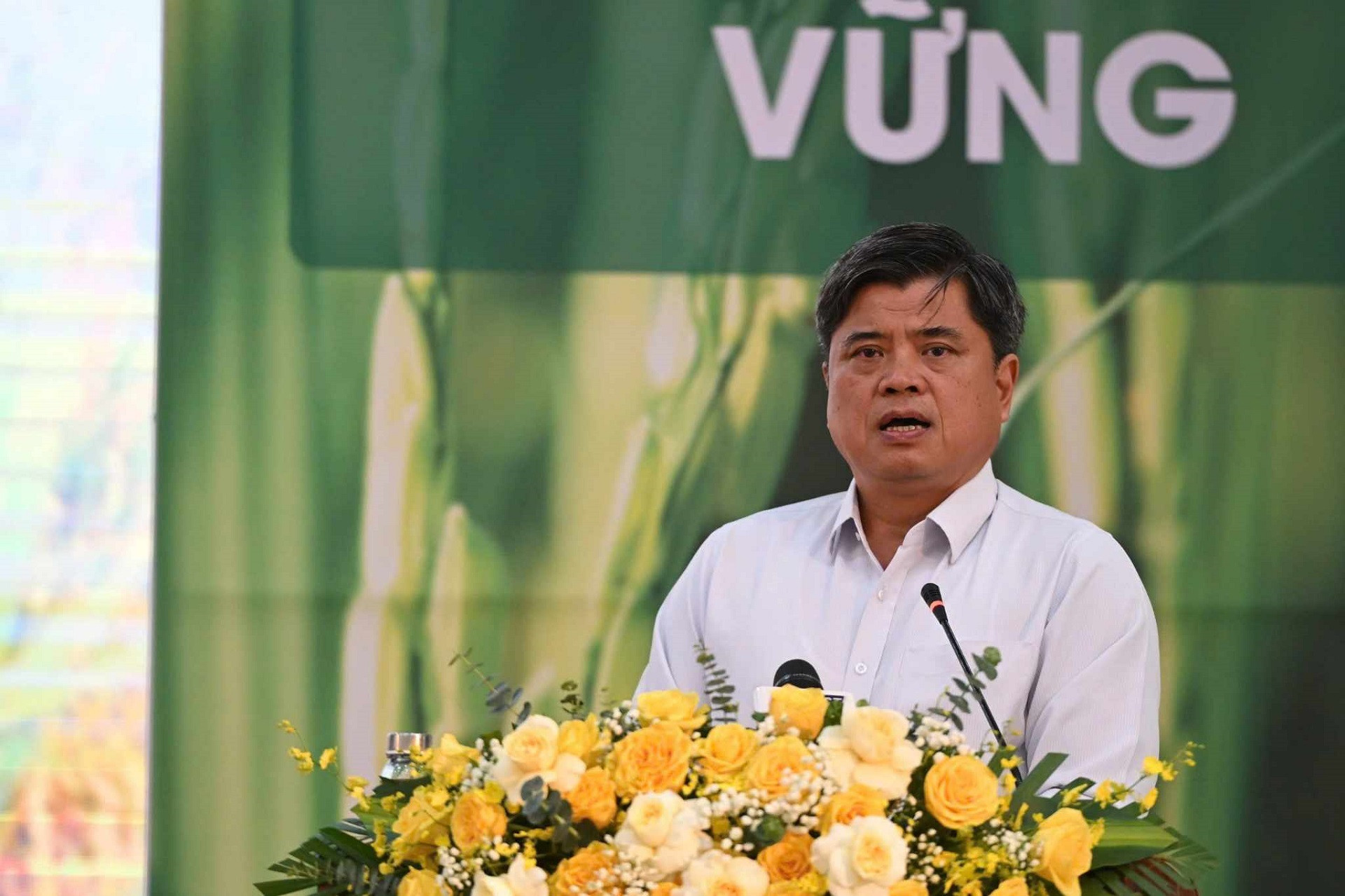
During production, farmers and cooperatives can produce high-quality rice, reduce emissions, thereby reducing costs and increasing productivity. Regarding emission reduction certification, the Ministry of Agriculture and Rural Development has piloted in Soc Trang , Bac Lieu, Kien Giang, Dong Thap, Can Tho and shown clear effectiveness in reducing production costs by 20-30%, productivity increasing by 10-15%, and the average emission reduction coefficient is 5-6 tons of CO2/ha.
“When the model was first implemented, it did not attract many households, but after the results were achieved, more households applied to participate. Farmers began to trust and participate in the production chain,” said Mr. Nam.
However, Deputy Minister Tran Thanh Nam warned that there are currently a number of foreign enterprises and organizations that are collaborating with domestic enterprises and cooperatives on emissions issues. Mr. Nam recommended that localities consider carefully, because the carbon credit market is "extremely complicated". Meanwhile, it is expected that by the end of 2025, Vietnam will only be able to issue carbon credits on about 20,000 hectares of rice.
“International businesses and organizations are flocking in to buy credits because Europe has a regulation requiring these credits from next year,” the deputy minister noted.
To produce high-quality, low-emission rice, a series of principles must be followed and farmers' farming habits must be changed. For example, in irrigation, producers must strictly adhere to the time of draining water from the fields.
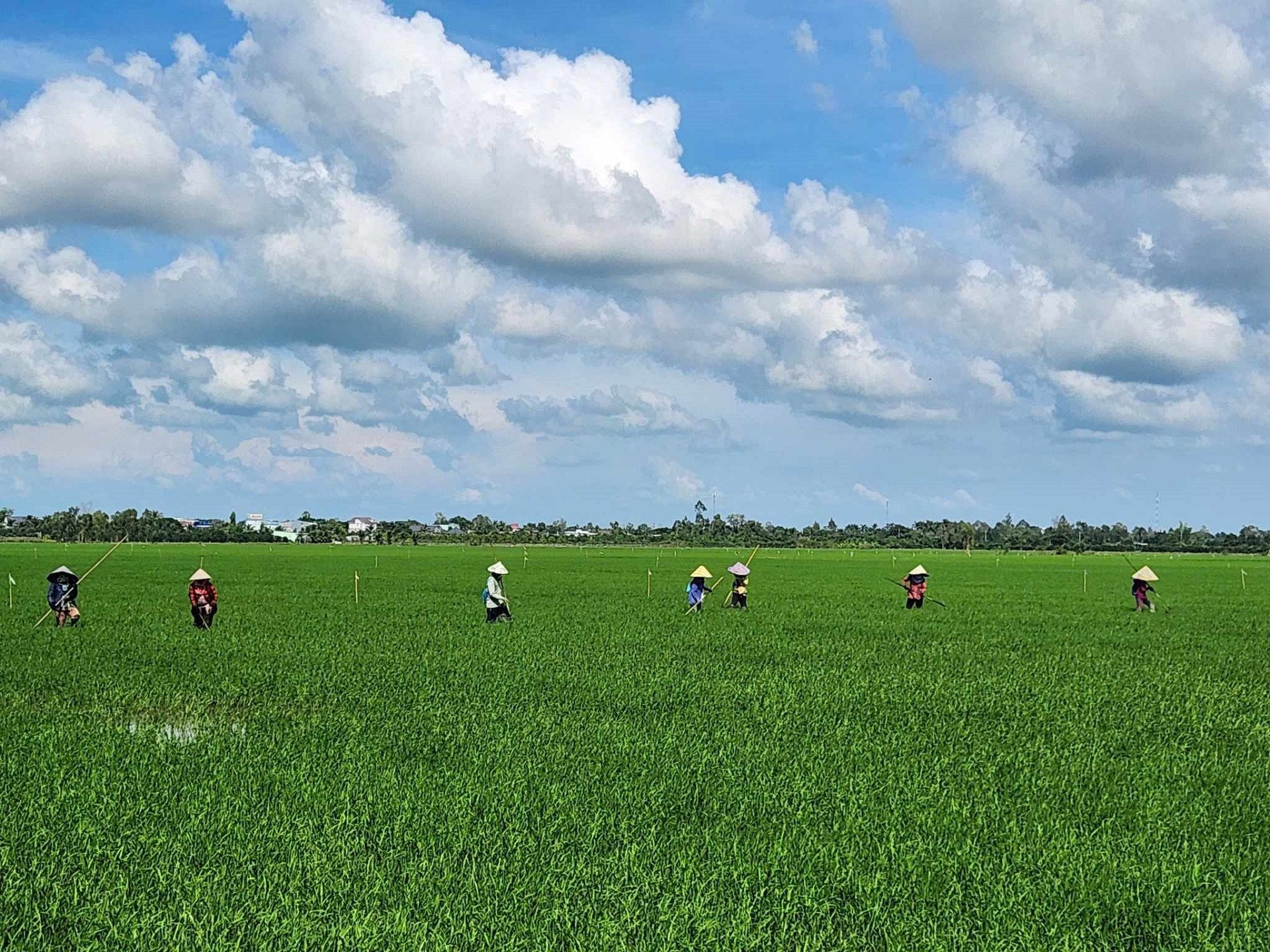
Another habit of farmers is to burn straw after harvest, or bury it in the mud. This habit will create greenhouse gases, which is not good for the environment. The leader of the Ministry of Agriculture and Rural Development said that there are businesses that have offered to buy straw and agricultural by-products in large quantities. Some businesses even want to process rice husks to make friction material for car tires.
By meeting specific criteria, farmers will be certified for carbon credits, which will later be considered a commodity for sale.
The general principle of the 1 million hectares of high-quality rice project is that farmers, cooperatives and enterprises participate in the chain. However, “it must be a production link, not just an output link. If it is only an output link, then it is a sales contract,” the Deputy Minister of Agriculture and Rural Development emphasized.
Unlimited preferential interest rate loans
Concluding the conference, Permanent Deputy Governor of the State Bank Dao Minh Tu affirmed that this is a project that "only discusses progress, not regression".
“We must reorganize and if we want to go far, we must go together and rely on each other. Units need to be closely connected and loyal. If we only look at personal interests, the project will not succeed,” said the Deputy Governor.
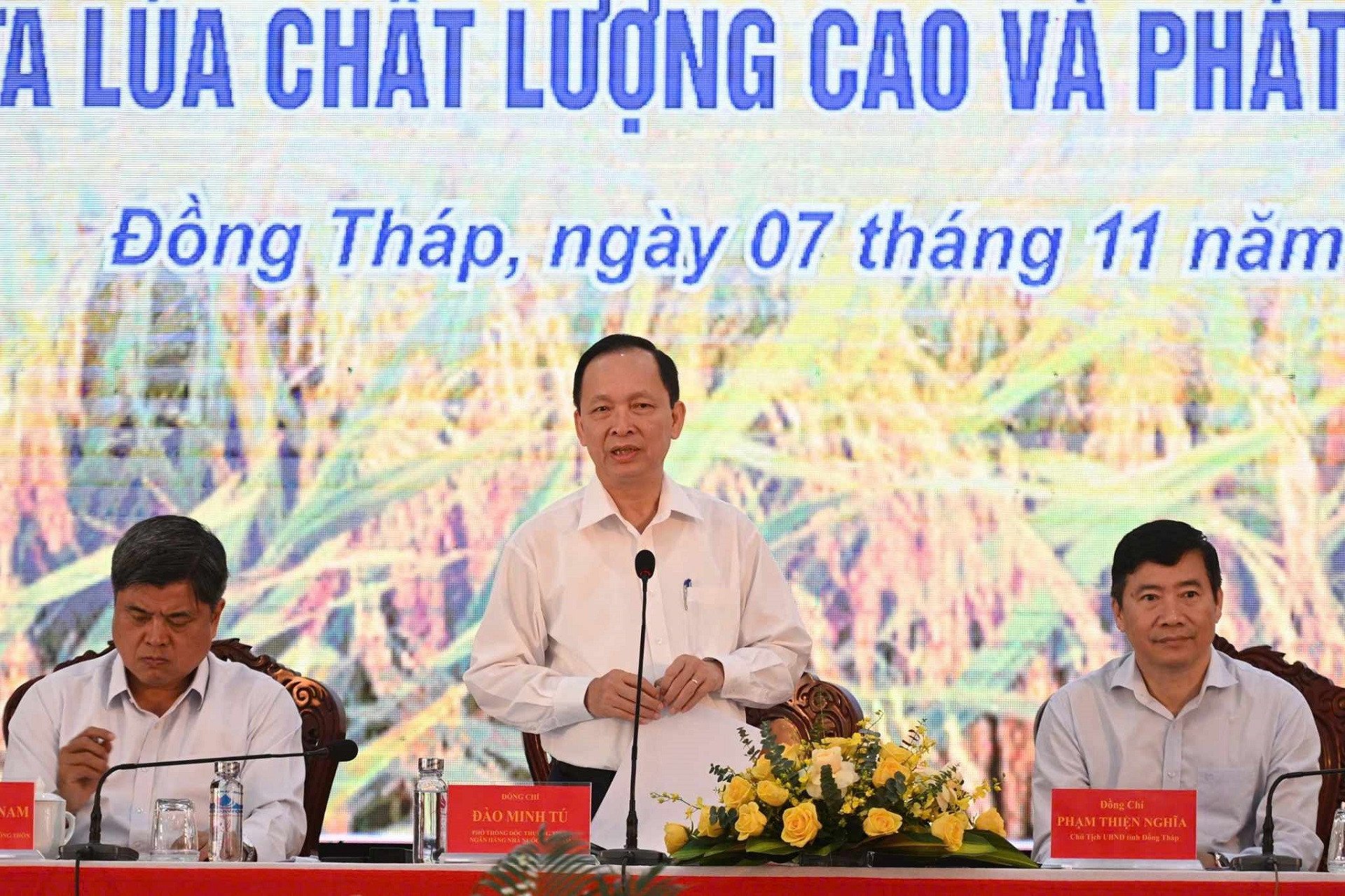
Mr. Dao Minh Tu said that when participating in the joint programs, customers can borrow according to the limit suitable for the scale of production. The loan period is suitable for the production and business cycle. Enterprises investing in the medium and long term will have access to long-term capital. If a business wants to borrow 1,000 billion in medium and long-term capital, many banks can participate in lending.
In addition to the lower preferential interest rate, minimum 1%/year, customers do not need to mortgage. Agribank is the main bank that lends with unlimited committed credit, the condition is that customers must open an account at Agribank for the bank to manage cash flow.
"When participating in this chain, lenders and borrowers may not have to use collateral because banks can control cash flow. This is a very important condition. More importantly, businesses, cooperatives and farmers clearly understand the benefits of participating in the chain and the incentives offered by banks," Mr. Dao Minh Tu informed.
Reaffirming the "unlimited" credit package for the project, the Deputy Governor affirmed that if commercial banks cannot balance their capital sources, the State Bank will support them with recapitalization sources for banks.
Source: https://vietnamnet.vn/lanh-dao-bo-nong-nghiep-canh-bao-thi-truong-tin-chi-carbon-dang-rat-phuc-tap-2339786.html



![[Photo] National Assembly Chairman Tran Thanh Man receives Chairman of the House of Representatives of Uzbekistan Nuriddin Ismoilov](https://vphoto.vietnam.vn/thumb/1200x675/vietnam/resource/IMAGE/2025/10/27/1761542647910_bnd-2610-jpg.webp)
![[Photo] Party Committees of Central Party agencies summarize the implementation of Resolution No. 18-NQ/TW and the direction of the Party Congress](https://vphoto.vietnam.vn/thumb/1200x675/vietnam/resource/IMAGE/2025/10/27/1761545645968_ndo_br_1-jpg.webp)



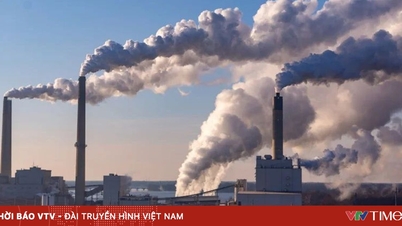

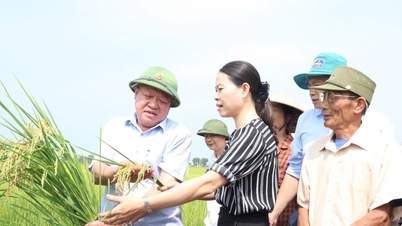

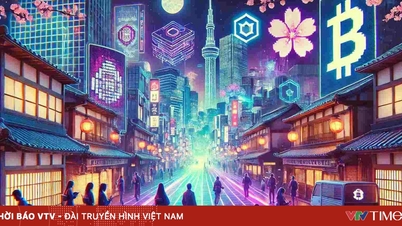
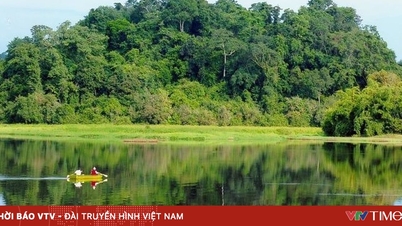
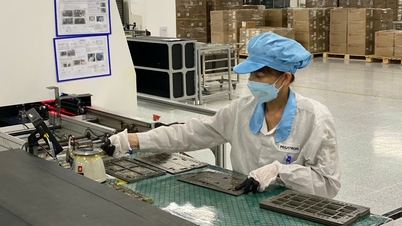



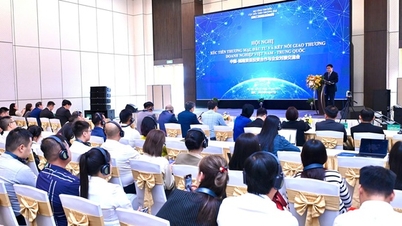

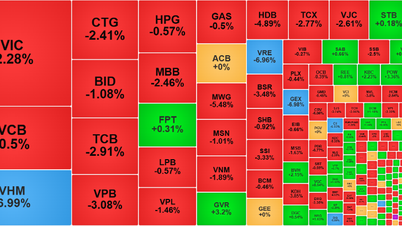


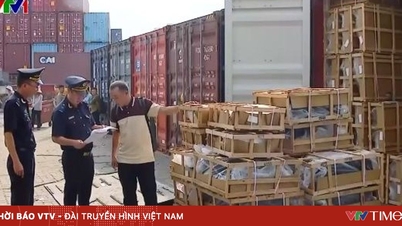
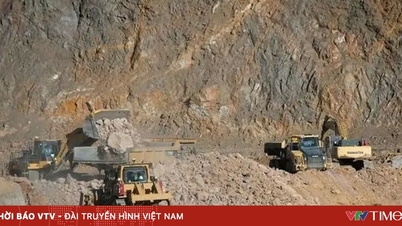
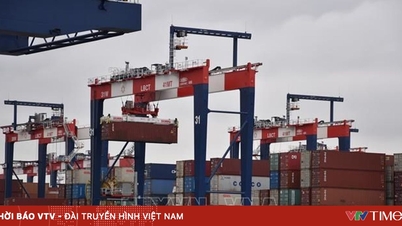




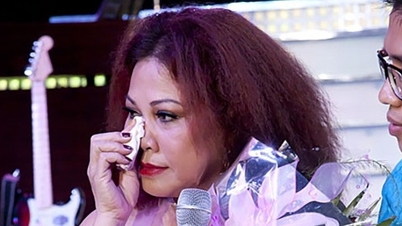



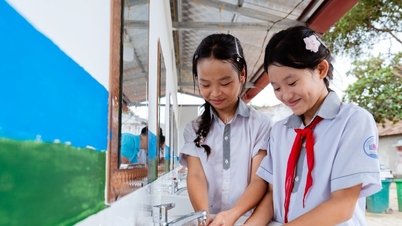
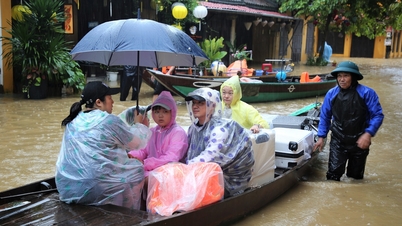
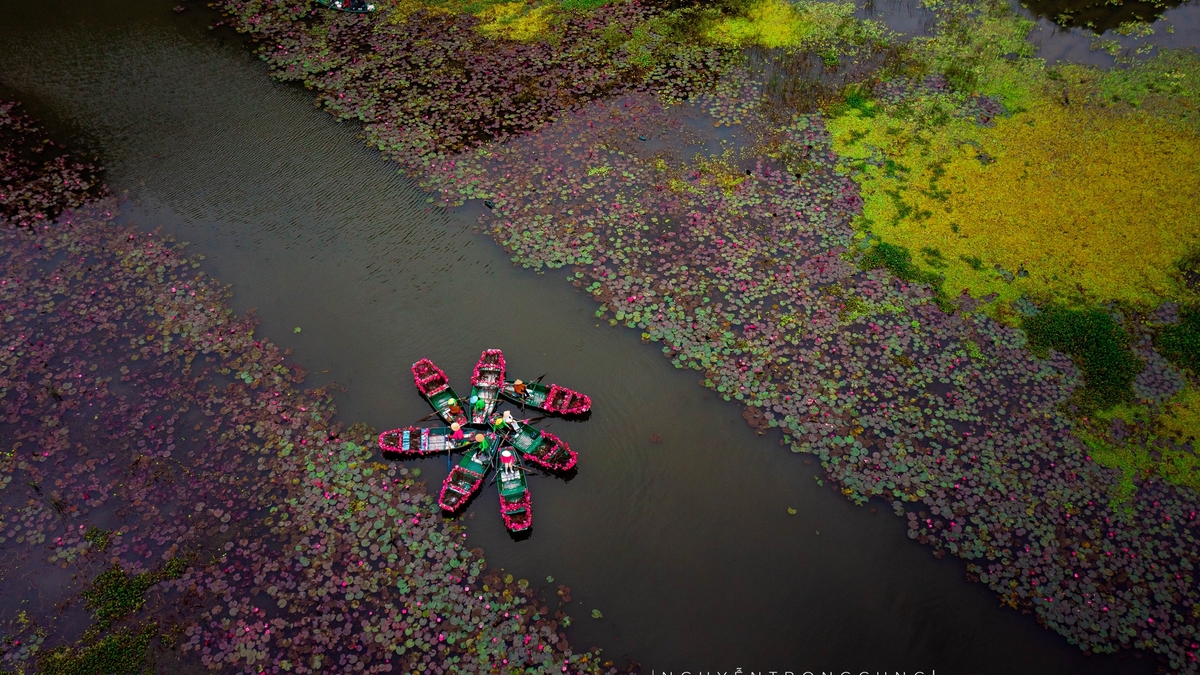



















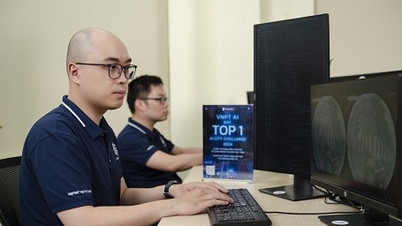














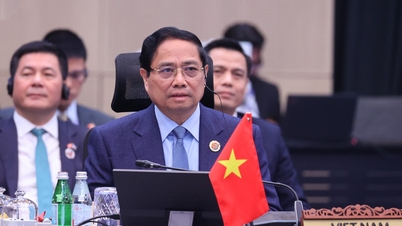








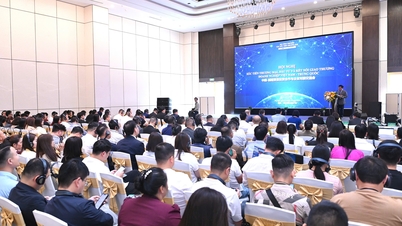

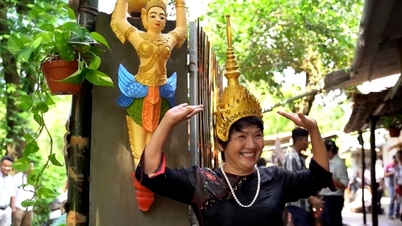

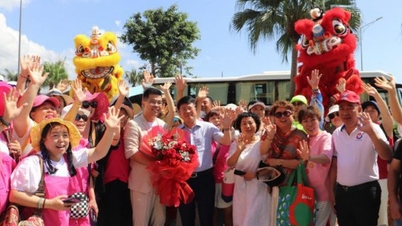
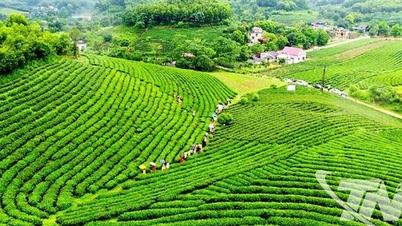
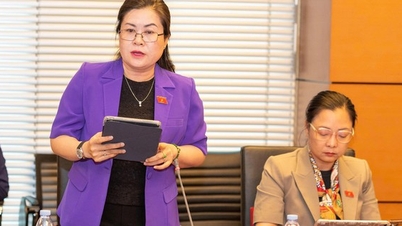
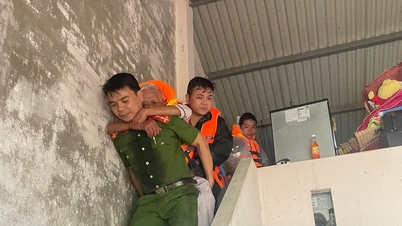

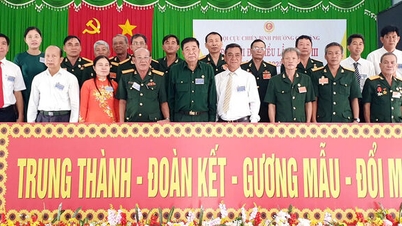

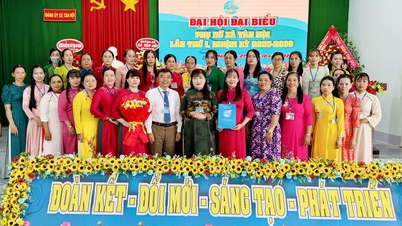
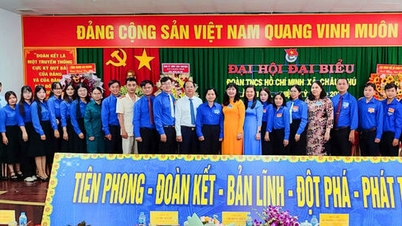
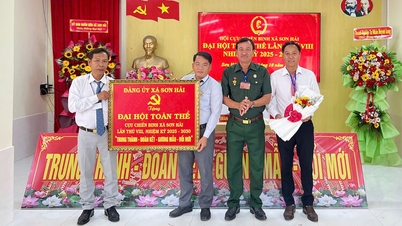
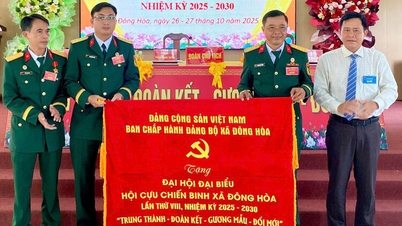










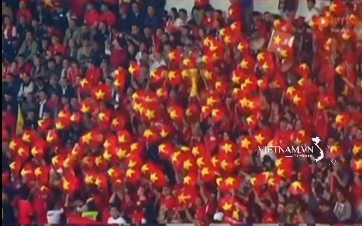
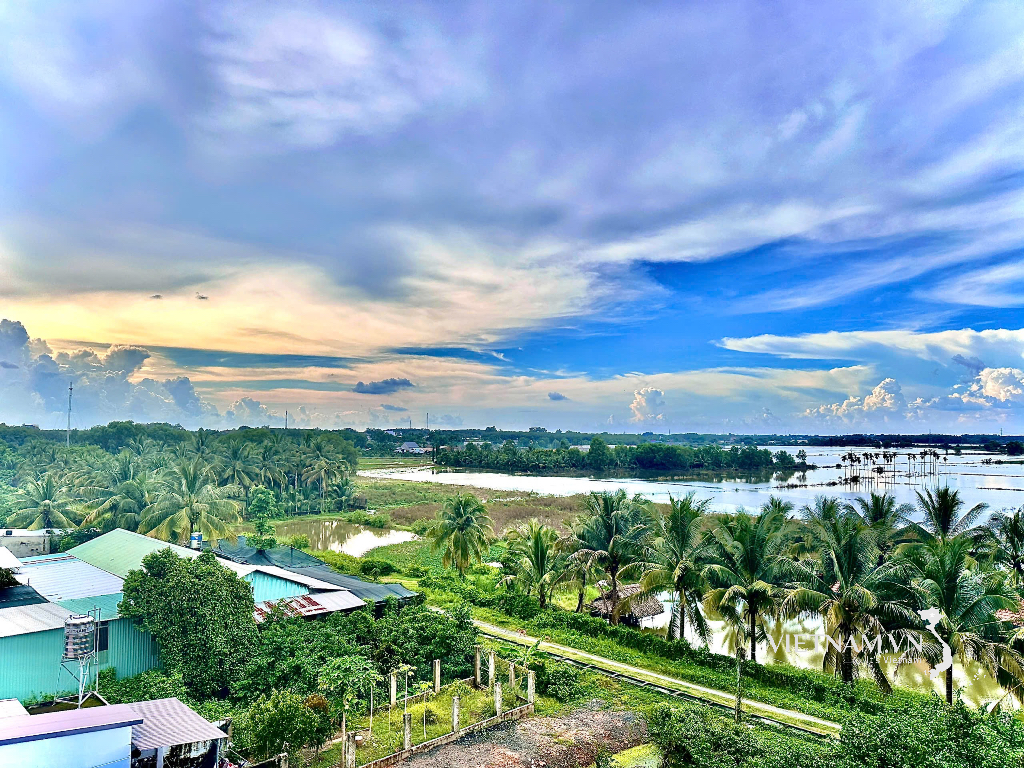
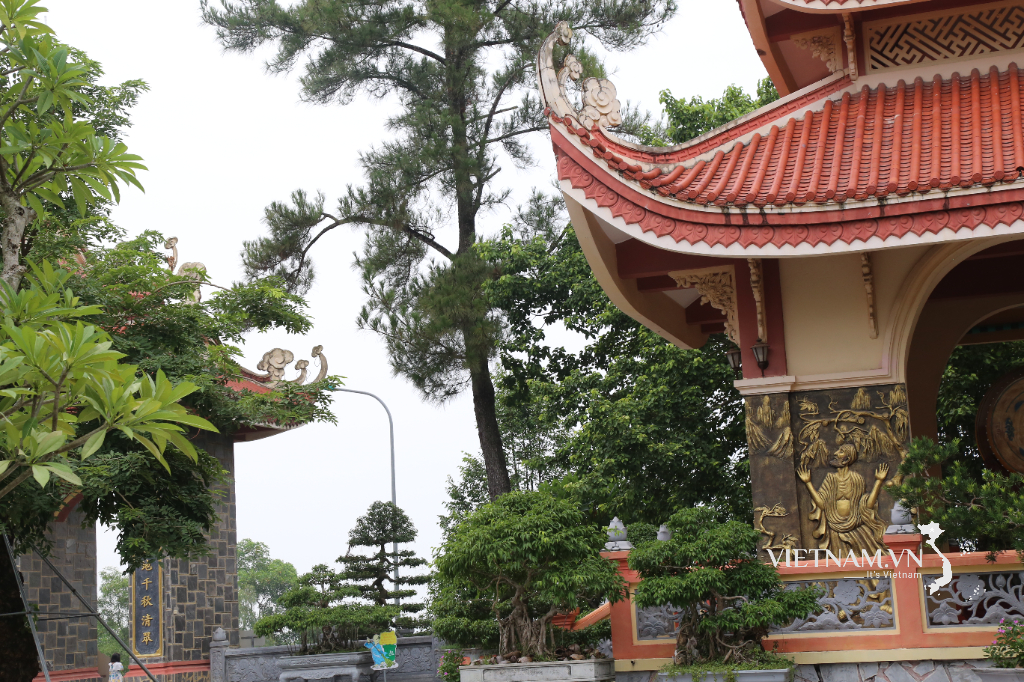

Comment (0)